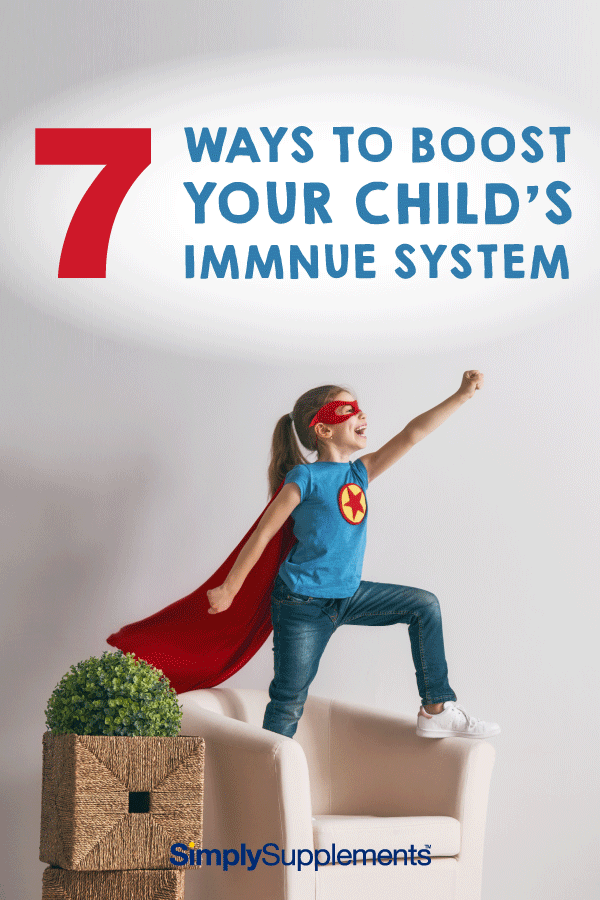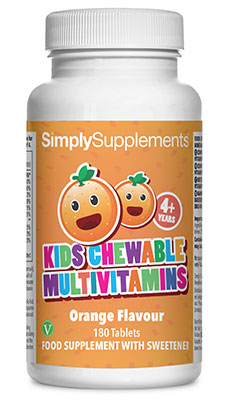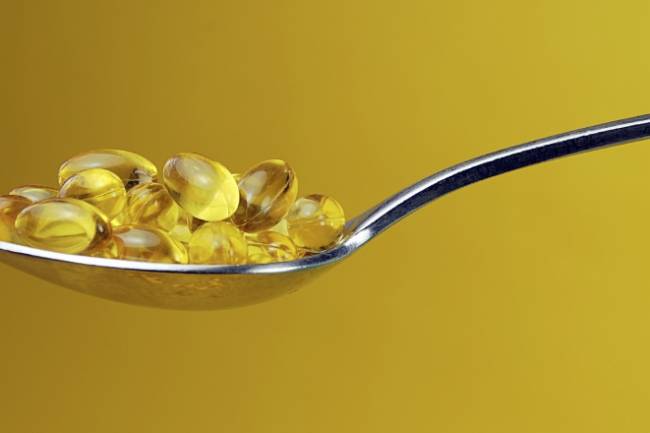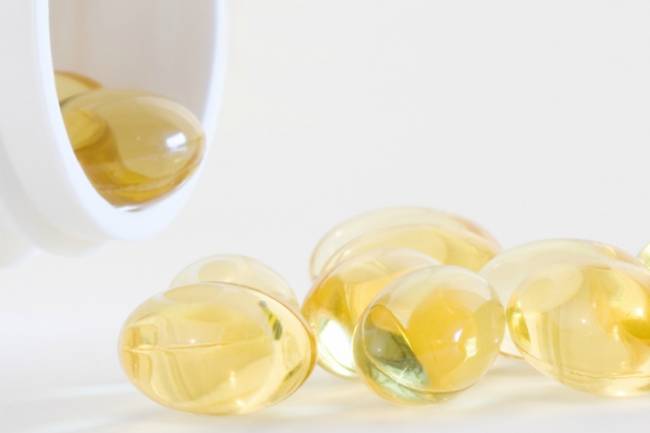Immune Boosters for Kids

As any parent knows, children tend to get ill far more frequently than adults. Indeed, it has been suggested that young children on average suffer from the common cold some six to eight times a year.
Almost as bad, parents of young children also tend to see more than their fair share of illness when compared to individuals without children. It seems that sick children can quickly lead to sick parents.
Keeping your child's immune system firing on all cylinders therefore makes a lot of sense for parent and child alike.
But what sort of immune boosters really work for toddlers and young children?
Why Do Children Get Ill So Often?
The human immune system is a hugely complex system, with all manner of different cells and nutrients involved in the fight against disease.
Experts tend to divide the immune system into two categories; innate and adaptive immunity. As the names suggest, the first stage of immunity is inbuilt, while the second is “learned” over time in response to pathogens.
In most cases, a child that has been exposed to specific bacteria or viruses will build up antibodies to fight the infection. Should the child become infected again it will already benefit from a degree of immunity, allowing a faster attack to be raised. This, in turn, helps to explain why children can be so prone to infections; their immune system simply hasn't had as much time as yours to build up this cocktail of antibodies.
Of course, this is just part of the problem. Another reason why toddlers and young children can get ill so frequently is that they tend to be quite fussy eaters. It's no secret that fruits and vegetables are full of immune boosting elements, but many younger children avoid eating such foods wherever possible.
As a result, they may not get the full complement of vitamins, minerals and other micronutrients needed to support an efficient immune system. Fortunately, both these elements provide direction as to how parents can support a healthy immune system in their children.
Let's take a closer look at some of the more effective immune boosters for children…
Immune Boosters for Children
A Balanced Diet of Fruits & Vegetables
A balanced diet can offer the extra protection your child needs to stay free from colds and flu. Many fruits and vegetables contain vitamin C and carotenoids, which have been found to support healthy immune function and response by increasing the body's production of infection-fighting white blood cells.
Additionally, many plant-based foods are rich in antioxidants which help to protect the body from the dangers of free radicals.
To maintain a healthy immune system, try to get your child to eat at least 5 portions of fruit and vegetables each day. For parents of fussy toddlers it may be necessary to experiment with different types of food, how it is prepared and presented in order to make these foods as appealing as possible.
Also, avoid sugary foods as much as possible. Sugar lowers the immune system and leaves the body vulnerable to attack from viruses and infections. It is also vital that your child drinks plenty of fluids, preferably water. However, try to avoid drinks high in sugar and artificial sweeteners.
Get the Right Vitamins
A number of different vitamins are known to have a direct impact on the immune system. Just a few of these include vitamins A, B6, B12, C, D and E. All of these, with the exception of vitamin C, are also required for the healthy production of antibodies - the infection-fighting proteins found in the body.
Mucous membranes line many parts of the body which may come into contact with pathogens, such as inside the nose, mouth and gut. In many ways they are the first line of defense, keeping harmful micro-organisms outside the body. Like other parts of the body, however, these cells are continually being replenished.
Experts have found that a vitamin A deficiency prevents the normal regeneration of these cells. It has also been shown to reduce antibody-mediated responses in the body. In other words, vitamin A plays many roles in a healthy immune system.
An interesting study on the role of vitamin A on the immune systems of children gave them either a daily vitamin A supplement or a placebo. Children were then monitored for illness for a period of 11 months. The experts found that children receiving the supplement were almost 20% less likely to suffer from respiratory illness or allergies.
Of course, this is just one of many vitamins that play a role in the immune system. While a balanced diet that is rich in fruits and vegetables is the ideal immune booster for your child, encouraging toddlers to eat many vegetables can be fraught with difficulty.
For this reason many parents rely on multivitamin supplements. Some interesting research has been carried out in recent years pertaining to the health benefits of multivitamins in children. One study, for example, found that children who take multivitamins before the age of four are far less likely to suffer from food allergies or allergic rhinitis.
There is also evidence to suggest that daily multivitamin use may also help to avoid anaemia in children too.
Little wonder then that research suggests up to a quarter of children aged between 2 and 5 now regularly take multivitamins.
Get Outside
Over the years children have become ever more sedentary, and often rely on the TV or video games as primary sources of entertainment. This may, however, be having a negative impact on their immune health. Encouraging your toddler or child to play outside offers a wealth of potential immune-boosting benefits.
Firstly, vitamin D is increasingly believed to play a crucial role in the immune system. While small amounts of vitamin D may be found in some animal-derived foods, the vast majority is produced by the skin in response to direct sunlight.
Allowing your child to play outdoors, particularly on sunny days, can therefore serve to boost vitamin D levels. Just be careful to balance the production of this vitamin with modern skin-protection processes.
There's more. Moderate exercise has also been shown time and again to be a powerful immune booster, helping to keep systems at the peak of health.
Additionally, there is evidence to suggest that exposure to novel pathogens may help to “train” the immune system, reducing infection later on in life. Studies have found, for example, that children growing up on farms are far less likely to suffer from asthma and hay fever.
Exposure to livestock is believed to be one of the most effective forms of protection. Far from shutting your child away in a sterile bubble, therefore, encouraging outdoor play and activity can impact your child's immune system in a plethora of manners, and so reduce the incidence of sickness and infection.
Regular exercise is also known to support better sleep patterns…
Sleep
The wonders of sleep for the immune system are far from a secret. Studies suggest, for example, that adults sleeping less than seven hours a night are almost three times more likely to catch a cold than those sleeping eight hours or more.
There is no reason to believe that a similar impact won't be experienced by children either. When you're concerned about your child's resistance of infection, therefore, try to find an evening routine that efficiently sends them off to sleep at a decent hour. Furthermore, allowing your child to sleep slightly more than normal should not be dissuaded when they seem to be getting ill - unless it leads to problems the following day.
Trace Minerals
It's not just vitamins that support a healthy immune system. A range of less well-known trace minerals also seem to support protection against disease. Just a few of these include zinc, iron and selenium. In one study of children both a resistance to infection as well as improved appetite was experienced when participants were supplemented with potassium, magnesium and zinc.
Probiotics
In an interesting study, scientists studied 1,223 mothers whose children were considered to be at a high risk of allergy. With their permission, the children were provided either with a probiotic or a placebo from birth until six months of age.
Five years later, the children were checked for signs of allergy such as eczema and asthma. What the scientists found was that those children delivered by caesarian-section experienced a noticeable reduction in allergies when provided with probiotic supplementation. The same difference, however, was not found among children delivered through natural birth.
Maintain Cleanliness
It is important to reduce the impact and exposure to germs in order to lower the stress placed on your child's immune system. Encourage your child to wash their hands before eating, after playing outside, or petting animals. Hand washing for 20 seconds with soap and water has been shown to be effective in preventing the spread of germs. Keep the home clean. A clean living environment reduces exposure to germs. Take particular care to clean floors, bed linen and toys.
Conclusion
As we have seen - there are all manner of immune boosters that have been shown to positively impact children and toddlers. From getting extra sleep, to supplementing with multivitamins, through to playing outside, there are a lot of things that we as parents can do to help keep our kids fit and healthy all year long. And just maybe this will be the first winter when nobody in your household comes down with a stinking cold...

Sources:
https://www.nature.com/articles/nri2871
https://link.springer.com/article/10.1007%2Fs004310051070?LI=true
http://onlinelibrary.wiley.com/doi/10.1111/j.1651-2227.2011.02494.x/full
http://www.sciencedirect.com/science/article/pii/S0091674908022124
https://academic.oup.com/cid/article/46/10/1582/294025
http://onlinelibrary.wiley.com/doi/10.1111/j.1440-1754.1986.tb00197.x/full
https://www.researchgate.net/profile/Anju_Sinha2/publication/13829429_Effect_of_zinc_supplementation_on_cell-mediated_immunity_and_lymphocyte_subsets_in_preschool_children/links/55687e1508aefcb861d4f65e.pdf
http://www.sciencedirect.com/science/article/pii/S0271531700002554
https://www.cambridge.org/core/journals/british-journal-of-nutrition/article/selected-vitamins-and-trace-elements-support-immune-function-by-strengthening-epithelial-barriers-and-cellular-and-humoral-immune-responses/94B772EB747D1E5CD9FAC8F90937AA9F
http://www.sciencedirect.com/science/article/pii/S0022030293776171
https://www.nature.com/nri/journal/v4/n6/abs/nri1369.html
http://www.annualreviews.org/doi/abs/10.1146/annurev.nutr.21.1.167
http://www.sciencedirect.com/science/article/pii/S0002822310018274
http://ajcn.nutrition.org/content/90/6/1693.short
https://www.nature.com/pr/journal/v74/n6/abs/pr2013160a.html
http://journals.sagepub.com/doi/abs/10.1177/000992280104001003

 Nicole
Nicole 
























